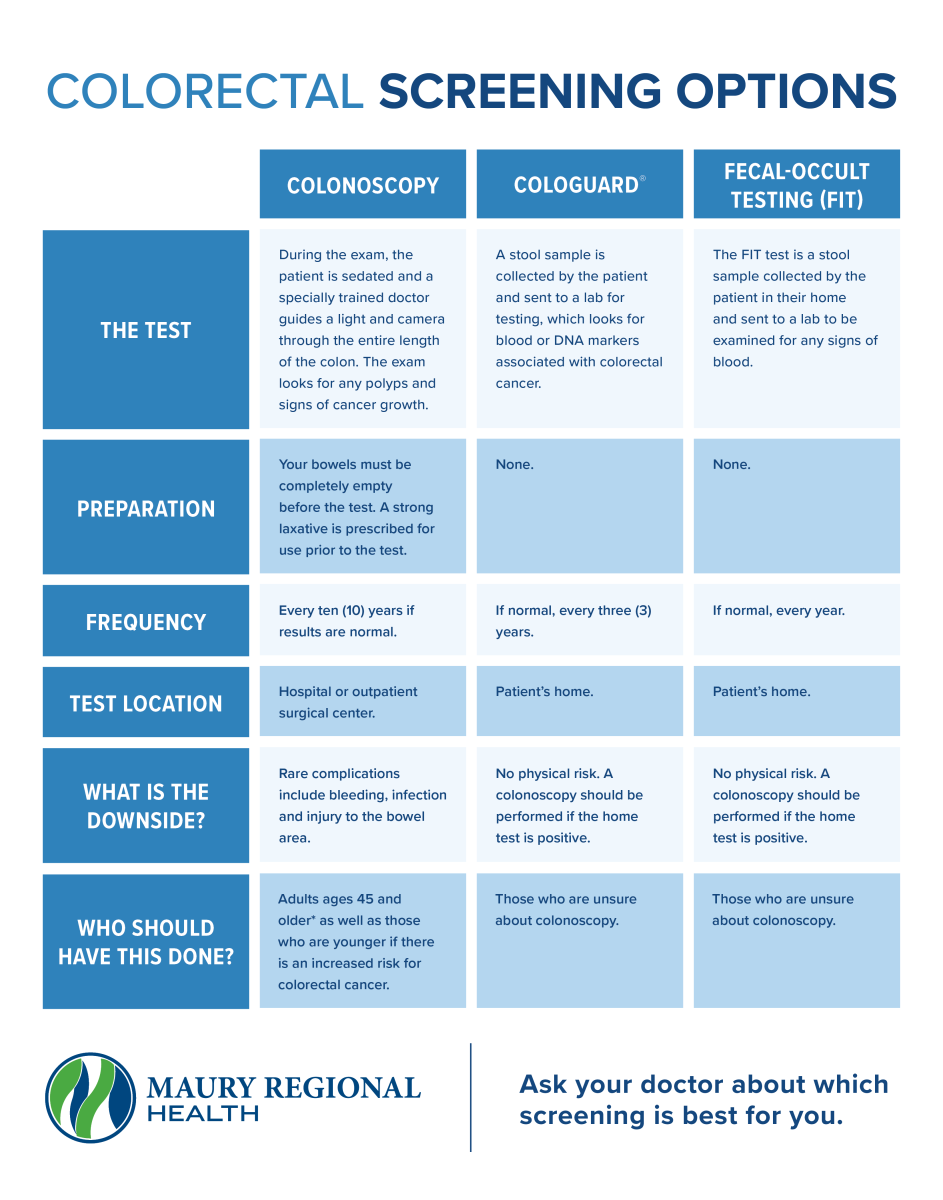Colorectal Cancer Prevention When Should You Screen

Colorectal Cancer Prevention: When Should You Screen?
In recent years, colorectal cancer has gained increasing attention as a significant health concern, particularly as rates rise among younger adults. If you’re in your 40s or early 50s, understanding when and how to screen for this disease could literally save your life. Let’s dive into what you need to know about colorectal cancer screening and prevention.
The Changing Landscape of Colorectal Cancer
Colorectal cancer remains the third leading cause of cancer death for both men and women in the United States, with an estimated 52,980 people projected to die from it in 2021 .12. While it’s most frequently diagnosed among people aged 65-74, there’s a troubling trend emerging: incidence rates in adults younger than 50 are rising .12.
In fact, recent data shows that colorectal cancer incidence in adults aged 40-49 has increased by almost 15% from 2000-2002 to 2014-2016 .12. This alarming trend has prompted major health organizations to revise their screening guidelines, making this information particularly relevant if you’re in your 40s.
New Screening Guidelines: What’s Changed?
The big news: Screening now starts at 45 for average-risk adults
In a significant shift, the American Cancer Society, the U.S. Preventive Services Task Force (USPSTF), and the American College of Gastroenterology all now recommend that colorectal cancer screening should begin at age 45 for people at average risk .2 .9 .14. This represents a change from previous guidelines, which recommended starting at age 50 for most people .14.
This change wasn’t made lightly. It’s based on:
-
Rising rates of colorectal cancer in younger adults
-
Evidence that early screening saves lives
-
Modeling studies showing that starting screening at 45 moderately increases life-years gained and decreases colorectal cancer cases and deaths .12
Who Should Screen Earlier Than 45?
While 45 is now the recommended starting age for average-risk individuals, you may need to begin screening earlier if you have:
-
A family history of colorectal cancer or advanced polyps
-
Certain genetic changes that increase your risk of colorectal cancer
-
Medical conditions such as inflammatory bowel disease (ulcerative colitis or Crohn’s disease) or primary sclerosing cholangitis .14
-
A personal history of colorectal cancer or certain types of polyps .2
If you have a close family member (parent, sibling, or child) who had colorectal cancer, you should begin screening at age 40, or 10 years before the age at which your youngest affected relative was diagnosed, whichever comes first .13.

Screening Options: Finding What Works for You
One of the most important things to understand about colorectal cancer screening is that you have options. The “best” test is the one you’re willing to get done. Here are the main screening methods:
Stool-Based Tests
-
Highly sensitive fecal immunochemical test (FIT) every year
-
Highly sensitive guaiac-based fecal occult blood test (gFOBT) every year
-
Multi-targeted stool DNA test (MT-sDNA) every 1 to 3 years
Visual Exams
-
Colonoscopy every 10 years
-
CT colonography (virtual colonoscopy) every 5 years
-
Flexible sigmoidoscopy every 5 years
Colonoscopy remains the gold standard because it not only detects cancer but can prevent it by removing precancerous polyps during the procedure .13. However, the other methods are also effective screening tools, and many people find them more convenient or less invasive.
How Long Should You Continue Screening?
The USPSTF recommends:
-
Regular screening for adults aged 45-75 .12
-
Selective screening for adults aged 76-85, based on overall health, screening history, and personal preferences .12
-
No screening for adults over 85 .12
As you age, the balance of benefits and risks shifts. For adults 76-85, the decision to screen should be individualized, taking into account your overall health status, prior screening history, and personal preferences.

Beyond Screening: Lifestyle Changes to Reduce Your Risk
While screening is crucial for early detection, you can also take proactive steps to reduce your risk of developing colorectal cancer:
1. Maintain a Healthy Diet
A diet rich in fruits, vegetables, and whole grains and low in red and processed meats has been linked to a lower risk of colorectal cancer .5 .13. Studies show that diets high in red and processed meats increase colorectal cancer risk .13.
2. Exercise Regularly
Physical activity may reduce colorectal cancer risk by decreasing inflammation in the body .5. Even moderate exercise can make a difference, so find an activity you enjoy and make it part of your routine.
3. Maintain a Healthy Weight
Being overweight increases your risk of colorectal cancer .13. Combining healthy eating with regular exercise can help you achieve and maintain a healthy weight.
4. Limit Alcohol Consumption
Heavy alcohol use may increase the risk of developing colorectal cancer .13. If you drink, do so in moderation.
5. Don’t Smoke
Smoking may increase colorectal cancer risk .13. If you smoke, quitting can reduce your risk not only of colorectal cancer but numerous other health conditions.
6. Check Your Vitamin D Levels
Some research suggests that low vitamin D levels may be associated with a higher risk of colorectal cancer .5. Talk to your doctor about whether you should have your vitamin D levels checked.
The Reality of Early-Onset Colorectal Cancer
The rise in colorectal cancer among younger adults is concerning. A study exploring the experiences of early-onset colorectal cancer survivors found that many faced challenges in getting diagnosed, with symptoms often being dismissed as “probably just hemorrhoids” .4.
This underscores the importance of being your own advocate. If you experience symptoms like persistent changes in bowel habits, blood in your stool, abdominal pain, unexplained weight loss, or fatigue, don’t hesitate to discuss them with your healthcare provider, even if you’re younger than the recommended screening age.
Making Screening a Priority
Despite the clear benefits of screening, in 2016, 25.6% of eligible adults in the US had never been screened for colorectal cancer, and in 2018, 31.2% were not up to date with screening .







